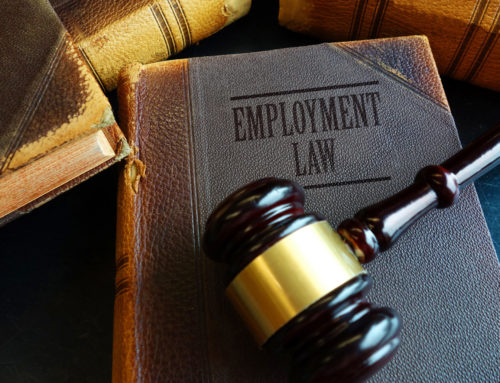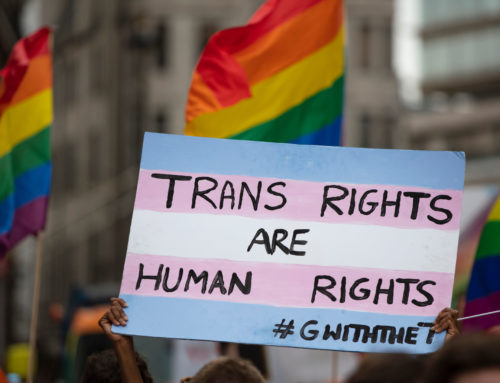The National Minimum Wage Bill: Working at a new low?
The enforcement of a national minimum wage in South Africa has been a hotly debated topic, having the most vulnerable workers’ interest at heart. The idea behind the concept of an independent minimum wage regulation was that it would have a greater reach than mere sectoral determinations and collective agreements – which are limited in their application to only those workers who are part of the identified sectors, whether of assistance to the most vulnerable workers or not. The National Minimum Wage Bill, 2017 is set to come into force in 2018 and aims to usher in an era of decreased poverty.
Minimum wages will, according to the Department of Labour, result in: protection from unreasonably low wages, improve the wages of the lowest paid workers, and improve collective bargaining. It aims to do this by utilizing the anticipated establishment of the National Minimum Wage Commission, tasked with the implementation of the national minimum wage. It aims to alleviate poverty and bring South Africa a step closer to a living wage, which is in keeping with economic and inflationary trends.
The National Minimum Wage Commission which will oversee the review and application of the minimum wage standard set by The National Minimum Wage Bill, 2017. The Bill allows the commission to make recommendations regarding the improvement of the minimum wage and bolster the minimum wage’s constitutional mandate of safeguarding human dignity within the workplace context of a fairer wage and improved collective bargaining.
From a macro perspective, the premise behind the introduction of a national minimum wage seems too altruistic considering the economic impact thereof. With the increase in wages, the invisible economic hand may suggest a resultant increase in unemployment as employers struggle to retain the existing workforce at a higher wage rate. The response of increasing or varying current working conditions to gain efficiencies was anticipated by the legislators and will be deemed an unfair labour practice under The National Wage Bill, 2017.
The National Wages Bill, 2017 aims to promote the alleviation of unemployment but, with the wage set to be reviewed each year, a commission needing funding, and having little scope for exemption, it may end up costing more than the minimum bargained for, especially when applied nationwide.
Malcolm Lyons and Brivik Attorneys offer various legal services relating to labour law in South Africa
Contact our offices below for further information
0861 MLB INC
Johannesburg Office
+27(0) 011 268 6697
Cape Town Office
+27(0) 21 425-5570






